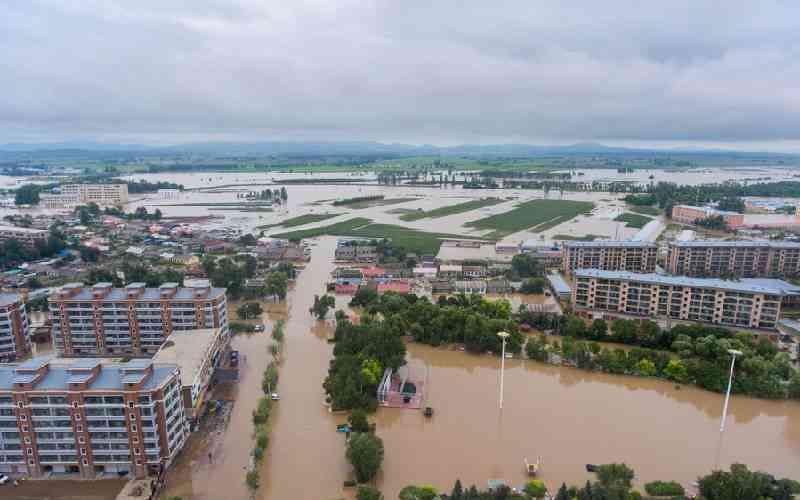×
The Standard e-Paper
Join Thousands Daily

Flooded areas in Yanshou County of Harbin, northeast China's Heilongjiang Province on August 5, 2023. [Xinhua]
The summer of 2023 is "a summer of extremes," resulting in major damage to people's health and the environment, the World Meteorological Organization (WMO) said Friday.